U.S. energy storage manufacturer SimpliPhi appears to have made its mark across the ditch with our Kiwi cousins.
Contract Awarded For Construction Of Yorke Peninsula Battery Project

Image: 1264187
ElectraNet has announced construction of its 30 MW large-scale battery at Dalrymple substation on South Australia’s Yorke Peninsula will be carried out Adelaide company Consolidated Power Projects (CPP).
Solar Retailer Code of Conduct Program Reaches Milestone
The Clean Energy Council’s Solar Retailer Code of Conduct initiative has welcomed the fiftieth solar company accepted into its program.
Solar Energy And Storage Helping With Puerto Rico Disaster Recovery

Hurricane Irma as it approached Puerto Rico | Image : NOAA
Residents of the Caribbean island of Puerto Rico are still reeling from the damage wreaked by two recent hurricanes, a situation further complicated by an ongoing lack of mains electricity.
World Solar Challenge – Sunswift’s Violet
Engineering students at the University of New South Wales (UNSW) have developed another solar powered sedan, which will be competing in this year’s World Solar Challenge.
South Australia As A Renewable Energy Powerhouse
A community meeting exploring the path to a clean, secure and affordable energy future for South Australia is to be held tomorrow night (Tuesday, October 3).
Proposal To Penalise Coal Seam Gas Holdout States Gains Steam
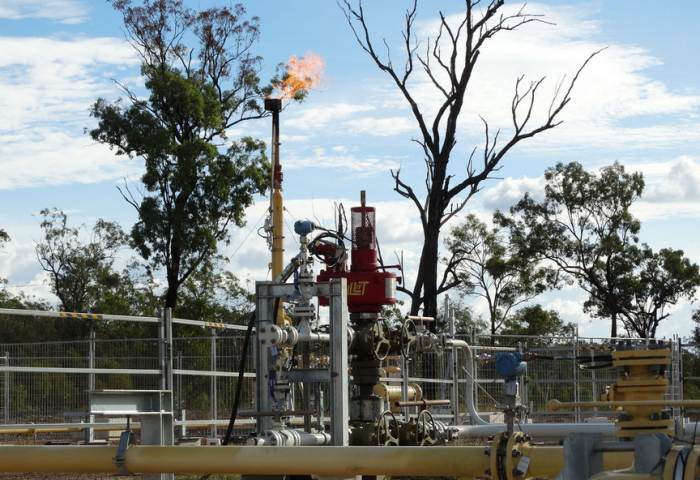
CSG gasfield in Queensland | Image: Lock The Gate Alliance
States banning unconventional gas and fracking activities could miss out on some GST revenue if a proposal by the Commonwealth Grants Commission is implemented.
Tesla Powering Ahead On Projects
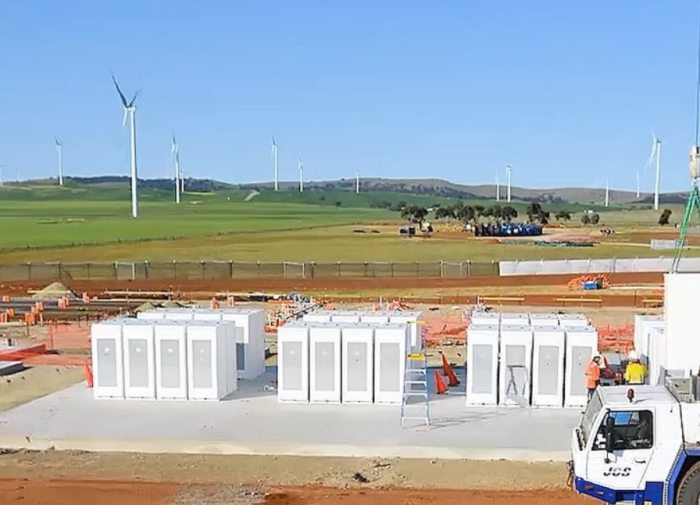
Powerpack battery system, Jamestown South Australia | Image: Tesla
Tesla and its CEO, Elon Musk, have hit the headlines multiple times over the last week – here’s a roundup of some of the major stories.
No More STCs For Solar Panel Replacements

Changes will help discourage solar panel shonkiness
It will soon be more difficult for shonky solar companies to take advantage of Australia’s small-scale technology certificates (STC) system.
QLD’s Lilyvale Solar Farm Reaches Financial Close
It’s all systems go for Fotowatio Renewable Ventures’ 100MW Lilyvale Solar Farm, which will soon commence construction at a site around 50 kilometres from Emerald in Queensland.

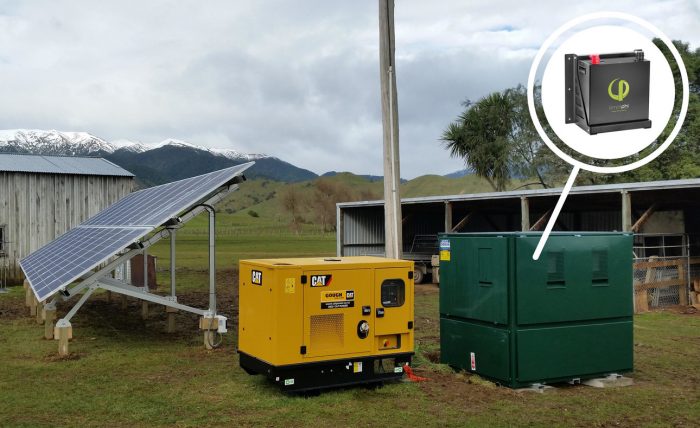
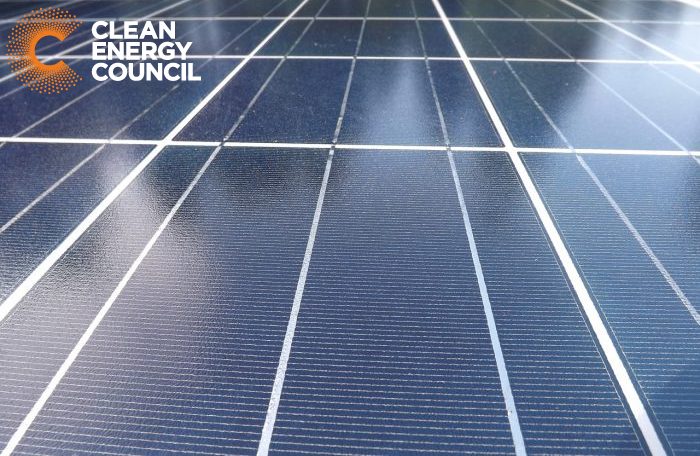
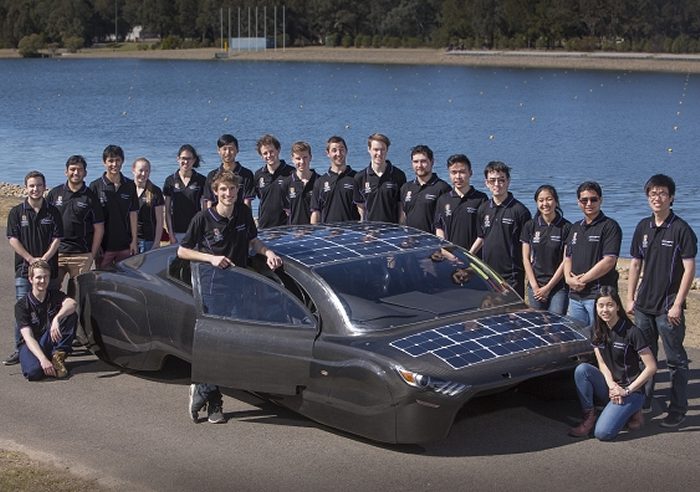
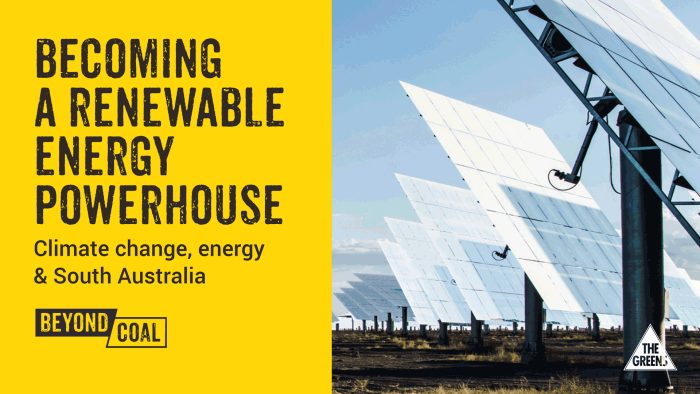
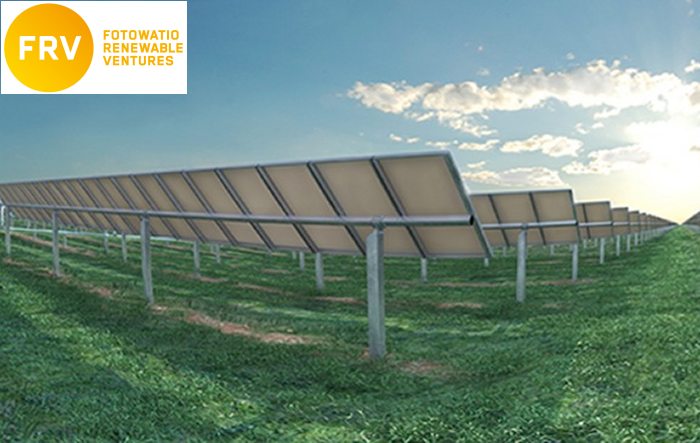
 RSS - Posts
RSS - Posts



Currently Raging Debates: